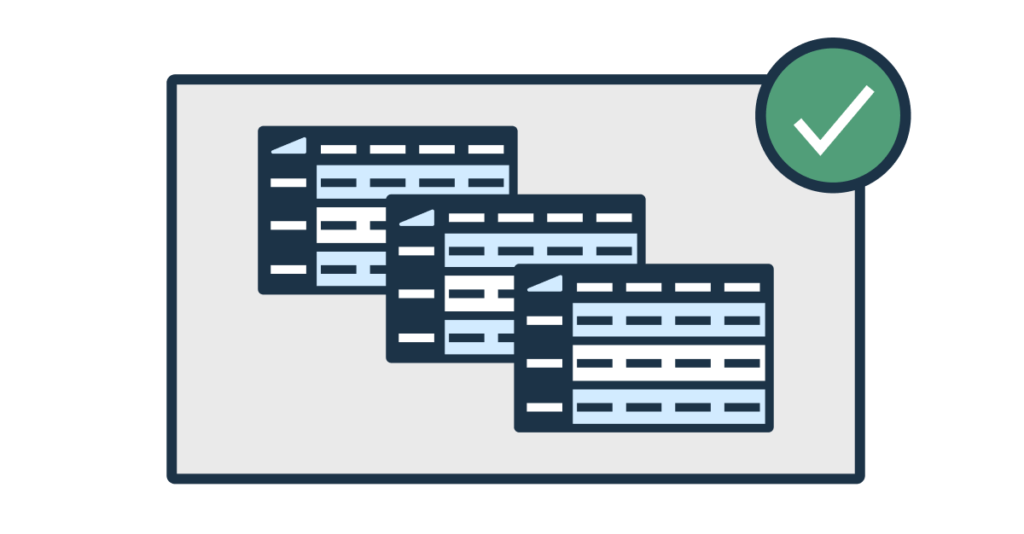Transforming digital data with BC Parks
|

Ministries across the B.C. government are responding to the Digital Plan’s calls to action with new services, products and practices. We’re excited to showcase the teams working to build an inclusive, accessible and connected BC Public Service.
In today’s post, BC Parks shares how their Data Register Pilot supports data quality for the province.
The call to action
Mission 1 in B.C.’s Digital Plan calls upon government to deliver accessible, inclusive and connected services for people. The Provincial Data Plan puts that call into action with a focus on improving data practices and building impactful data initiatives. This helps to better understand issues, provide equitable services, advance reconciliation and deliver better programs with measurable outcomes.
With these goals in mind, the team at BC Parks collaborated with the BC Data Service on a Data Register Pilot to set a standard for the most basic building block of digital government: accurate, ethical and reliable data.
When good data goes bad
Accurate data is vital to government services. Because government work involves critical services and programs, errors in storage or use of data can seriously impact members of the public.
When we talk about errors in data, it doesn’t just mean typos. Structural issues with the way we use and store data can prevent systems from working properly and create unnecessary effort. If the same data is stored in too many places, it becomes increasingly difficult for public service employees to update data or ensure they are using the most accurate data. This can lead to delays and mistakes that create poor service experiences for the public.
For instance, there are at least 10 different systems using at least 10 different copies of park name data. Consider Mᑫuqʷin/Brooks Peninsula Park, which was renamed in 2018. This name was added to all 10 systems individually and recorded differently in each one, which led to social and administrative challenges. This issue was compounded by the inability (at the time) of some digital systems to properly display characters found in languages outside the typically used 26-letter English alphabet.

This example shows how important it is to build digital systems in a way that preserves data and respects its value. To help address the issues that can cause errors in data, the team at BC Parks partnered with experts in the BC Data Service to create a data register for park names.
A shared source of truth
A data register is a data set that “contains authoritative data and follows a specific standard to ensure quality, interoperability and data sharing,” according to the Data Management Policy.
Data registers are one of the first steps toward a government data infrastructure that enables the connected, interoperable services people in B.C. want. They can serve as a single source of truth for a particular type of data, which helps reduce errors and increase efficiency for everyone who uses or contributes to those data.
Once a data register is in place, other teams and services can become “subscribers” to the register. This means they can draw data from the register automatically, allowing instant access to the best available data.
Building on the foundation
The park name register will save valuable time and effort for government employees. Having a single source of truth for park name data means updates won’t require weeks of emails and telephone calls to make sure it’s properly changed in each place it’s stored. Instead, changing the name in the register automatically updates that name for all services that subscribe to it.
Looking forward, the team intends to add more types of data to the register to support a wider range of future BC Parks programs. Their work will ensure these projects can build on a foundation of accurate and reliable data, making it easier for them to collaborate and build interoperable systems.
The data register is also part of BC Parks’ approach to Reconciliation. BC Parks often works with First Nations groups in the renaming of parks within a Nation’s territory to more accurately reflect their culture and proper sense of place. Discussions with First Nations groups regarding the proper display of park names and language types are ongoing, as seen with Mᑫuqʷin/Brooks Peninsula Park. The data register will help make these process improvements much more consistent, effective and useful to all parties involved, ensuring a more valuable experience for all.
The efforts of BC Parks demonstrate how changing the way we manage and think about data can make it easier to build connected, reliable services providing real value to people in British Columbia.
